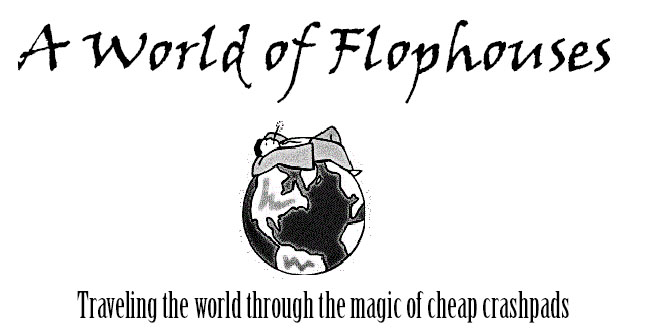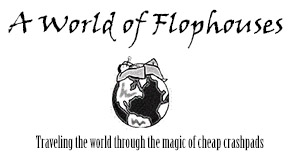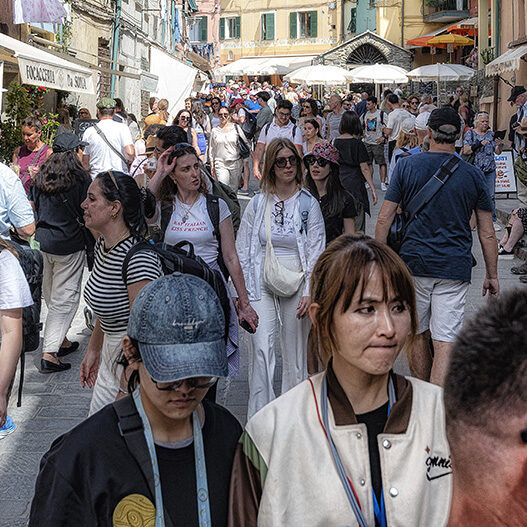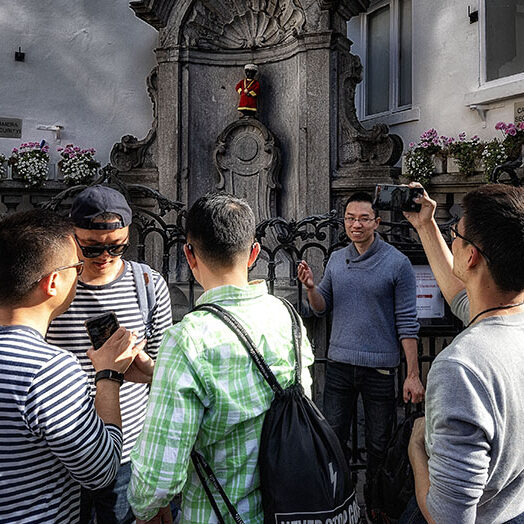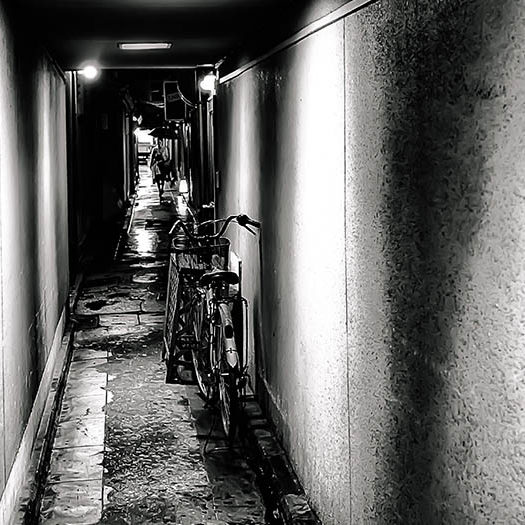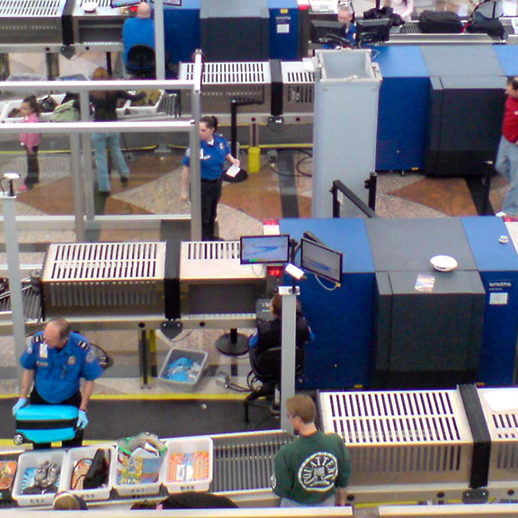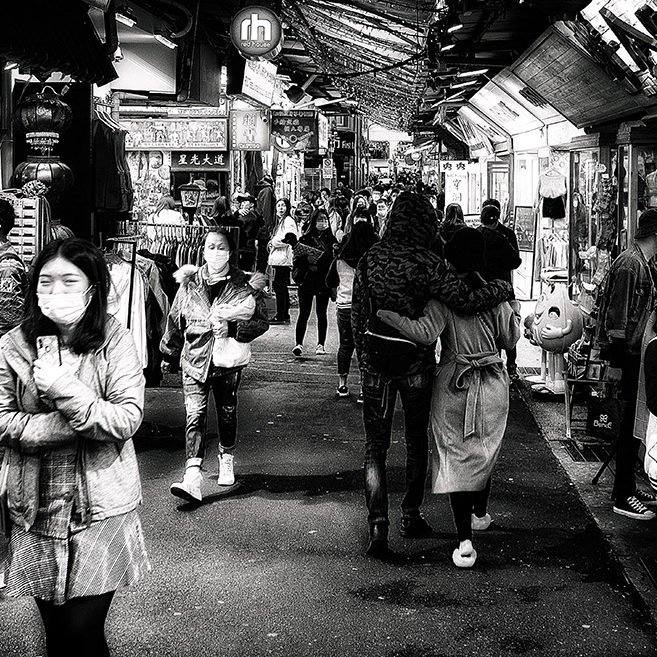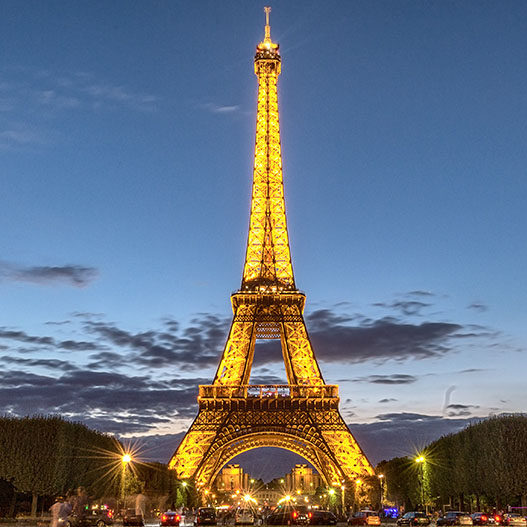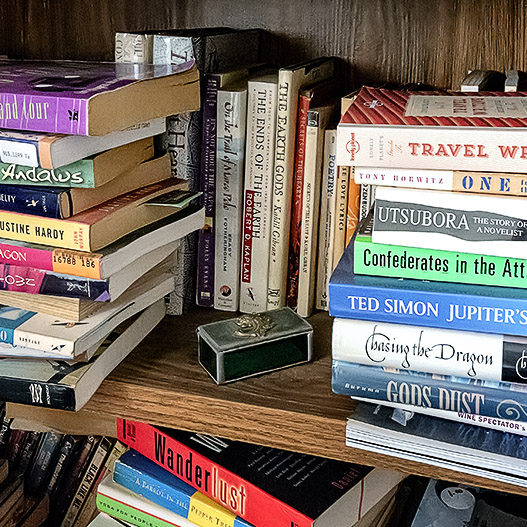
I’m writing this several weeks after the deadly terrorist attacks on Brussels, Belgium, enough time for the initial shock to start turning into lots of articles debating whether Europe is safe for travelers, and how people in general can stay safe when traveling.
The articles always quote people who are (self) described as travel experts. One article was entitled “7 International Travel Planning Tips from a Global Nomad” (I’m not linking to it. I refuse.) The author did the standard bragging about how many countries she’s visited and how she’s an “international protocol expert”, in addition to being that cool-sounding global nomad (as opposed to local nomad, perhaps). Some of her tips were to get a physical before traveling (to make certain you’re healthy enough for Belgium) and to get some local currency from your local bank before you travel (pricey idea).
An article from the NY Times asks, Is Europe Safe for Travelers? Yes, Experts Say, but Here Are Some Tips. The article states that after the Paris attacks last year, 64% of clients using the American Society of Travel Agents did not alter their Euro travel plans, meaning that 36% did. Just over a third.
Other articles cite unnamed “safety experts” or “leaders in the travel industry”. I get this, as journalists need sources, but every article seems interchangeable, for good reason, as basic travel advice isn’t very hard to figure out. Most articles on travel safety are the same. I’ll run down what everyone says:
- Be informed on the unsafe parts of the areas you visit.
- Send friends/family a copy of your schedule.
- Check the U.S. State Department advisories for the areas you visit, and register with their “Smart Traveler Enrollment Program”.
- Make copies of your passport.
- Know how to contact, or get to, your embassy, and the authorities in general.
- Have an escape plan from your hotel.
- Buy travel insurance.
Plus, in general, be vigilant and aware of your surroundings, advice that probably won’t help you avoid much terrorism. One article for U.S. travelers to Europe said to “curb your itinerary – minimize unnecessary activity,” which is inane, because near everything you do when traveling is unnecessary. Other advice includes using taxis instead of public transportation (that will rack up your expenses), and taking a paper map of the city you’re visiting instead of an electronic one, in case cellular service goes out (okay, but wow that’s a random tip).

My favorite overused phrase in these articles: Use common sense. So many, many articles tell you to just use common sense, without elaborating, which I suppose means don’t go into shady neighborhoods. It also means the writer doesn’t know what else to say. Other items I’ve seen thrown into these articles include learning something about the local culture, plan your schedule in advance, and make sure your documents are in order, no-brainers that anyone would already do. Typical is an article in the Arizona Sonora News, Traveling alone: the risks and rewards. One paragraph reads:
Whether a female or male, alone or in a group, it is important to be aware of your surroundings and use common sense. Uneasy and dangerous situations can be avoided with common sense. Don’t walk down dark alleyways at night. Don’t stay at a strangers home. Always let someone know where you are. And then there are extra safety cautions you can take: Carry pepper spray (if it’s legal in the country you are in), a pocket knife (if that makes you feel safe), or let yourself be your weapon (take self-defense classes).
If I had only known before how easy it was to stay safe, just by using common sense. My own common sense tells me that you should know how to use pepper spray before you carry it, and you damn well better seriously know how to use a knife before you whip it out on someone. That’s just at home; you carry those things in a foreign country and you’re asking for trouble.
I’ve never bought travel insurance and probably never will; it’s not in my budget. As to the State Department stuff above, I’ve never done those. I can understand if you’re off to Brazil and you’re unfamiliar with the areas there, but if you’re off to Amsterdam, it will be already obvious if there are major problems there.
I can’t tell you how many dark alleys I’ve walked down while travelling. Sometimes there are very cool things at the end of those alleys.
Let me throw out two points:
1) Europe is still much safer than the U.S. I’m writing this from the United States, where we seemingly have a mass shooting at a random place every few months, and where violent crime rates far surpass Europe. If you live in Baltimore and you’re wondering if Frankfurt is safe, I don’t know what to tell you.
2) “Is it safe?” to travel to a certain place is an unanswerable question. We ask, “Is ___ safe?” because we don’t know what else to ask. Is Mexico safe? Is Cairo safe? Is Chicago safe? Depends. If you live in the U.S.A, your chances of being struck by lightning are twice as high as being killed by a terrorist. Your chance of being killed by gunfire is 1 in 24,947 in 2013, and there have been 1,001 mass shooting in this country from 2013 until December 2015. Your chance of being the victim of a domestic mass shooter is higher than a foreign terrorist. We can all understand that places like Iraq, Afghanistan, Somali, are not considered safe. For most places in the world where you would consider travel, the vast majority of people there wouldn’t think of bothering you.
One example: Acapulco, Mexico has been fostering a bad reputation since about 2009 because of increased crime, especially murder. People now say it is “not safe”, and it is helping all of Mexico to be considered “not safe”. The murder rate there is high (104 per 100k residents in 2015, 23 times higher than the U.S. average). Yet almost all happen in the periphery of the city, working-class areas that are well away from the beach and hotels that most tourists use. Police presence in the tourist areas is much higher than in the rest of the city, and tourists are almost never bothered. It would be a challenge for anyone to claim that the city is safe, but to dismiss it as a blanket “not safe” is a reach as well.
People wonder “What should I do to stay safe when I travel?” There’s almost nothing special you can do to avoid terrorism in particular, but that detail doesn’t make for popular news articles. Terrorism is not random, but for a traveler’s purposes it might as well be. You generally don’t know their targets. Terrorism works because it makes us feel like it’s random, that we can never know. It takes formerly safe places like a small northern Euro country and makes it feel shaky, but Belgium in general is still far safer than so many places, including perhaps your current home city.
As for staying safe in general, you do it abroad the same way you do it at home. The only difference is wherever you are traveling to in Europe probably attracts lots more tourists than your home city, and thus attracts some bad elements, such as pickpockets or people selling fake watches on the streets. Avoid those types of crimes and you’re probably fine, since violent crime is rare.

Terrorists often target symbols, such as the World Trade Center and the Pentagon, or they target crowds, but even that’s shaky. The latest targets included a small Cambodian restaurant in Paris and a subway station in Brussels, hardly symbols, and perhaps not so crowded. Any article telling you to avoid obvious tourist sites or crowds is problematic, since when you travel in Europe of course you’ll hit some tourist sites and you’ll certainly hit crowds. That advice about signing up for alerts and keeping abreast of current news is fine, but there was no warning in Paris, no advance information that would have told you anything.
Terrorism makes people irrational, and humans are hard-wired to be afraid even if the risk is small. Right after the Brussels attacks, five of my relatives asked me on Facebook if I’m okay. I’ve only been to Belgium once (and not to Brussels), it was 12 years ago, and I wasn’t traveling when the attack hit anyway; I was home. But any attack in the world will lead my family to wondering about me. Two of my cousins reminded me of how no one in the family could get in touch with me for a while after the attacks back on September 11, 2001. I was in New York that day. Buffalo, New York.
So, is it safe? According to the U.S. Department of State, you’re far more likely to be hit by a vehicle and die abroad than encounter terrorism. These travel experts writing articles would be better to emphasize that you need to be careful crossing the street. They’d save more lives that way.
